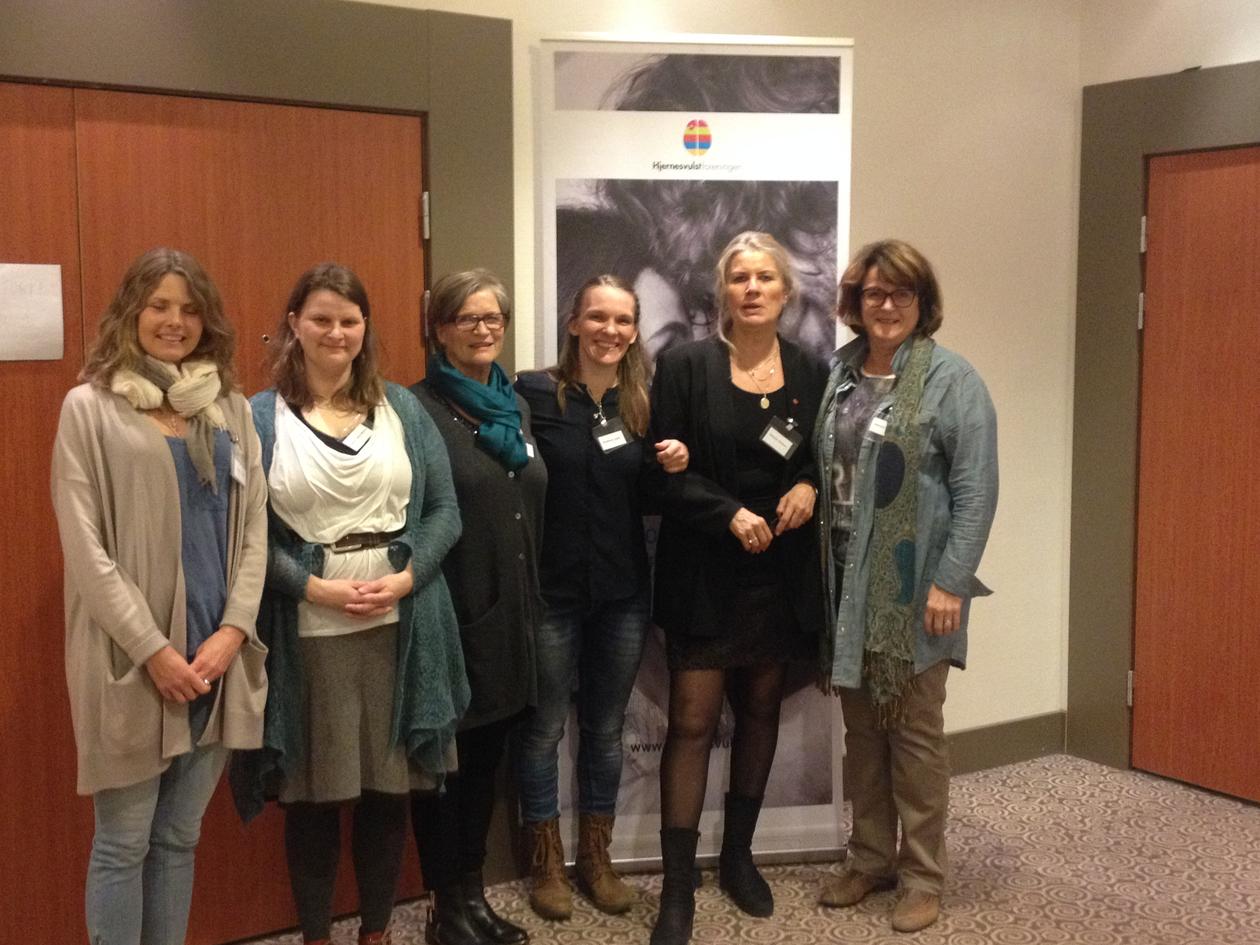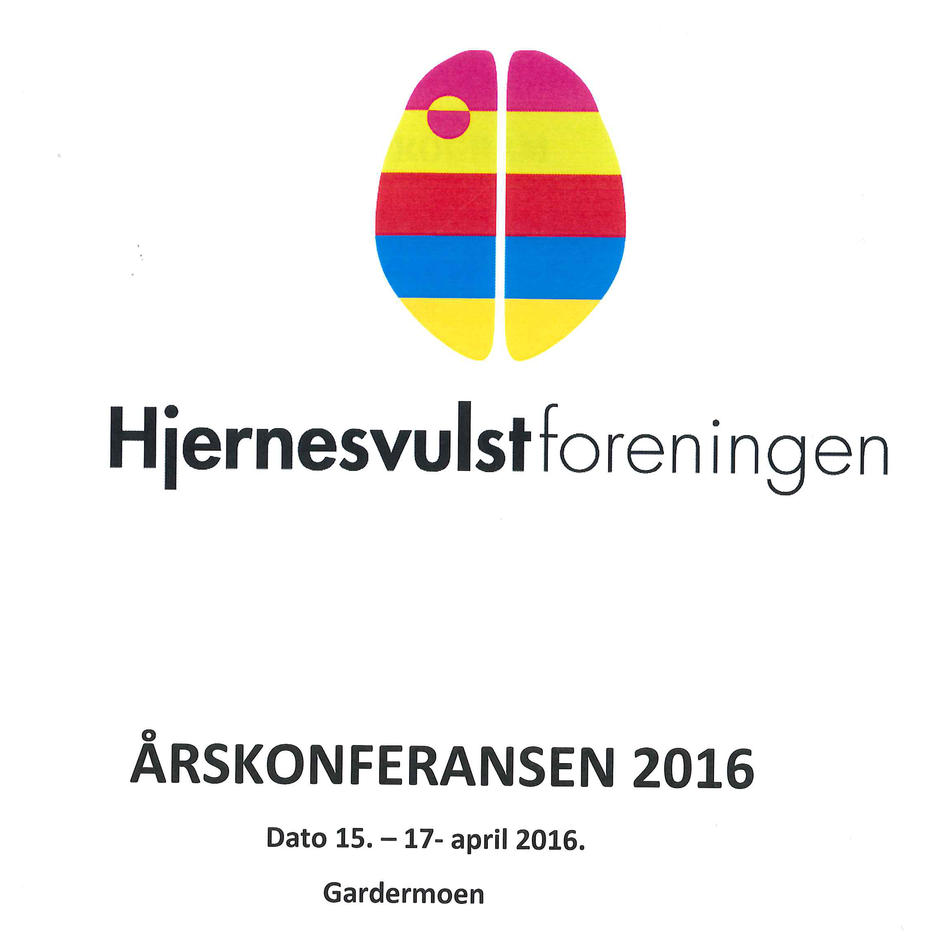Annual meeting Brain Tumor Society
Årsmøte, Hjernesvulstforeningen, 2016
Main content
Killer cells against brain cancer
Those patients who get the most aggressive brain cancer - glioblastoma - survive about 14.6 months, and that is if they complete the best available treatment. Through extensive research on this disease, we now understand the biological hurdles that have limited the development of effective treatments. Meanwhile, new and promising therapeutic strategies of attacking the tumour are constantly being discovered. Transferring this knowledge to the clinicians as viable therapies requires sustainable funding, expertise, perseverance and interdisciplinary cooperation.
Martha Chekenya Enger´s research group is focused on this aggressive brain cancer and investigates new potential therapies that may be applied in addition to the traditional cancer treatments such as, surgery, radiation and chemotherapy. Resistance is inevitable, as the tumour invariably recurs at the same or another location in the brain, so strategies to sensitize the tumour to therapy are an important avenue of investigation. Professor Chekenya Enger and her colleagues at the University of Bergen, Institute for Biomedicine are also interested in how the body's own defense system, the immune system, reacts to the tumour. In particular, how the so-called natural killer cells see and interact with the tumour, and how the latter circumvents or shuts down the function of these potent killer cells of our immune defense. By infusing greater quantities of selected and activated natural killer cells into patients, scientists believe that it might be possible to reinforce the immune system to fight the tumor in cancer patients.
Martha Chekenya Enger is a Professor at the University of Bergen. She has a doctorate in neuroscience from the University of London and a Doctor Philos from the University of Bergen.

